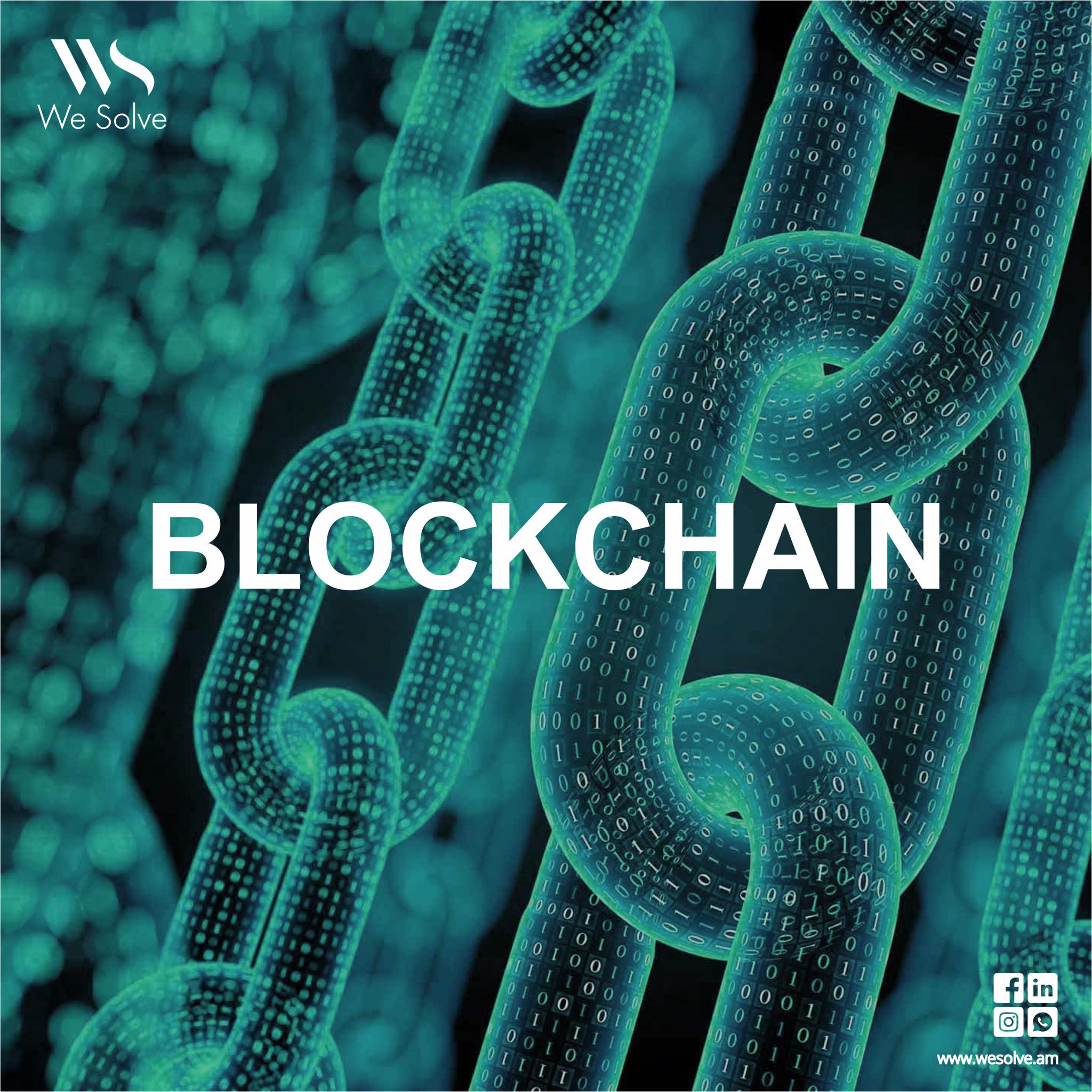Blockchain - a chain of blocks containing data, which in the 21st century creates new, revolutionary opportunities in matters of management and organization of operational processes.
The term blockchain was first used and described in 1991 by a group of researchers and was initially aimed at protecting digital documents from forgery. However, blockchain became more popular and applicable after the introduction of Bitcoin. That is why blockchain technology is associated with cryptocurrency. However, blockchain is more than a storage platform for cryptocurrency.
Blockchain is a chain of blocks, where each block contains certain data and has a clear coding.
Blockchain differs from classic databases in its features and interesting structure.
 The data in the blockchain is transparent and accessible to all users;
The data in the blockchain is transparent and accessible to all users; due to its structure, it is safe;
due to its structure, it is safe; anyone who joins the network gets their own copy of the blockchain and independently verifies the integrity of the data;
anyone who joins the network gets their own copy of the blockchain and independently verifies the integrity of the data; due to lack of mediation, it is reliable; there is no centralized model where the user of the system has to trust a data center or server;
due to lack of mediation, it is reliable; there is no centralized model where the user of the system has to trust a data center or server; by means of a smart contract, the work of the data stored in the blockchain is automated;
by means of a smart contract, the work of the data stored in the blockchain is automated; once any information is entered into the blockchain, it is no longer possible to change it;
once any information is entered into the blockchain, it is no longer possible to change it; blockchain enables anonymous transactions.
blockchain enables anonymous transactions.
What data is stored in blocks depends on the type of blockchain. For example, the Bitcoin blockchain contains data about transactions, transfers, sender and receiver of the money.
Bitcoin users are represented in the system not by their personal data, but by their digital wallets, which are identified by unique numbers. The contents of all wallets are known, but the system does not store data about the participant's identity.
Although the blockchain system was most popularized by Bitcoin, it can provide a wide range of management opportunities in a wide variety of areas, from medical records, bank transfers, to government administration, to the organization of elections.
learn more
 Russian
Russian
 Armenian
Armenian

